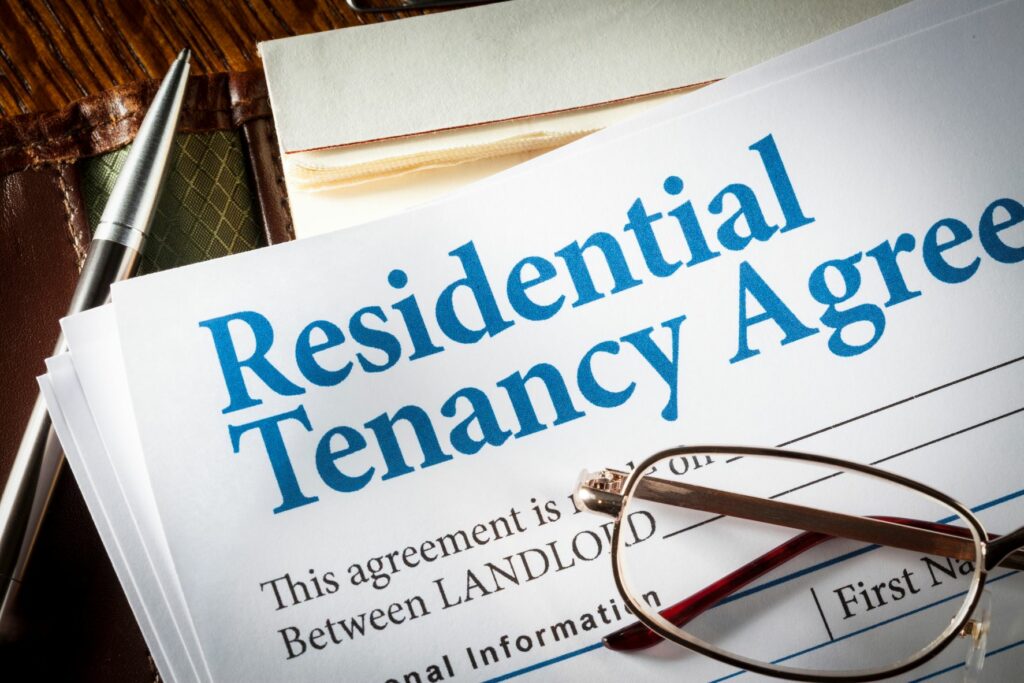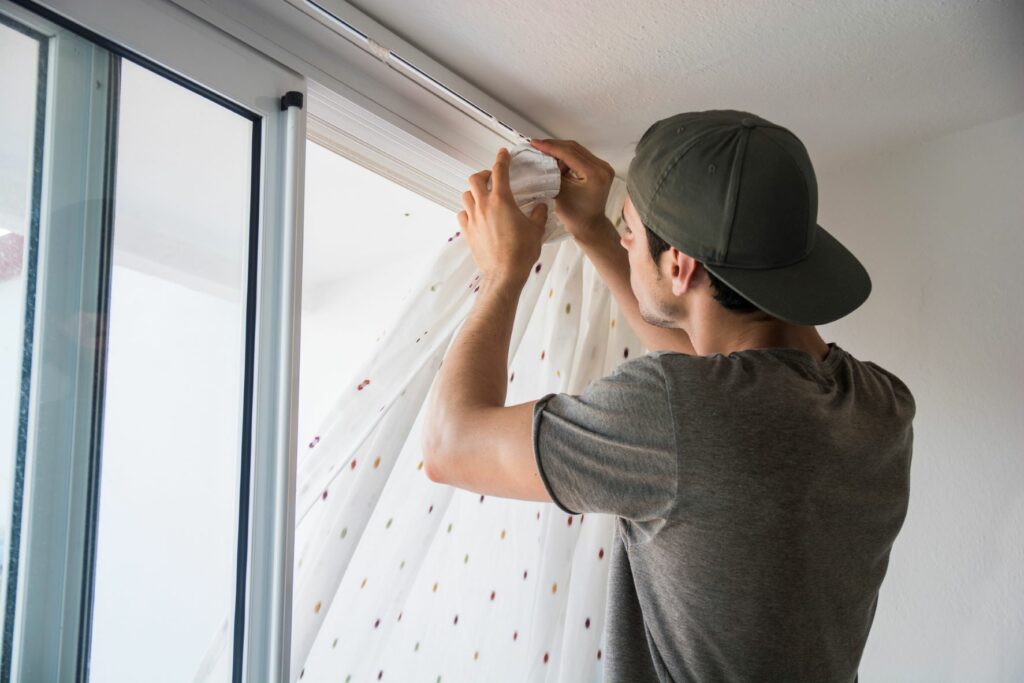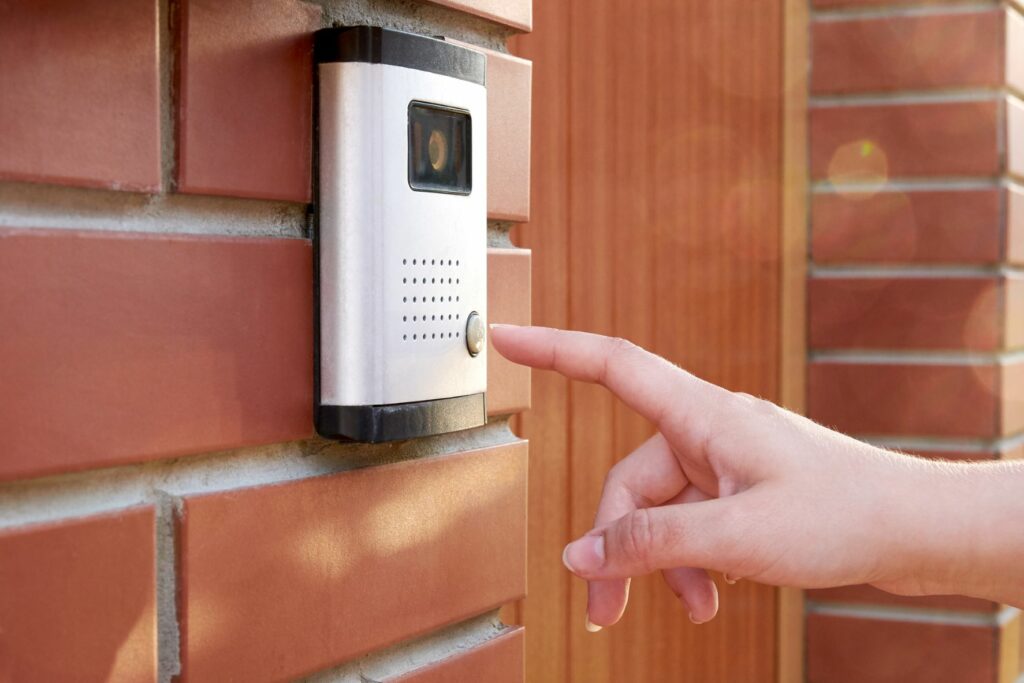Tenants Making Changes to the Property
Tenants are not allowed to change a property and need proper consent from their landlord if they wish to make any changes or alterations to the property.
Renovations, major fixtures, and alterations to a property are only allowed if:
- they are in line with the tenancy agreement;
- the tenant has written consent from the landlord – which the landlord can unreasonably withhold at any time.

If a Tenant Has Put Fixtures in the Property
If a tenant has put fixtures in the property, removing them can cause irreparable damage to the property. Landlords only allow tenants to add fixtures that can later become their own because removing them will cause more damage, which means tenants will have to leave the new fixtures behind when the tenancy ends.
Unless the tenant has a different agreement with the landlord, any fixture that is left when the tenant moves out or isn’t removed by the tenant automatically becomes the landlord’s property.
However, if the tenant causes any damage to the property while removing the fixtures, they can do one of two things:
- fix the damage;
- compensate the landlord for the damage.
This is, of course, decided by the landlord, but the best outcome is for the landlord and the tenant to come to a mutual decision here.

Residential Tenancy Act 2020 – Tenants Can Make Minor Changes
According to the Residential Tenancy Act of 2020, tenants can only make minor changes to their rental property, and the landlords cannot decline those changes.
Definition of a Minor Change
A minor change can be defined as any renovation, addition, fixture, or alteration done to a property that:
- can be reversed easily without causing any substantial damage to the property;
- has a low risk of damage to the property overall;
- will not affect the weather tightness, character, or structural integrity of the property;
- will not break regulatory rules or require regulatory consent;
- will not pose a threat to the health and safety of anyone present in the house;
- will not negatively impact anyone’s enjoyment of the property.
There are different types of minor changes that tenants can make to a property. Some of the common ones are:
- baby-proofing the house, such as putting up baby gates;
- putting up curtains;
- earthquake-proofing the house;
- putting visual doorbells and fire alarms around the property.
Tenants’ Responsibility Regarding Making of a Minor Change
- Request the landlord to permit the minor change to their property – send a request letter in writing for proof and further reference.
- Just requesting is not enough; receive the letter of permission from the landlord before making any changes to the property. Wait for it patiently; it can take up to 21 days or more.
- Remove the fixture at the end of the tenancy – it can only be left if the landlord allows it.
- Try to return the property to its original state.
Landlord’s Responsibility Regarding Making of a Minor Change
- Reply to the tenant’s permission letter within 21 days – if relevant, tell them whether you consider the change minor or not.
- If you agree that it is indeed a minor change, give the permission as soon as possible.
- If you want to extend the time for permission, especially if you need more time to determine whether it’s a minor change or not, inform the tenant in writing.
- You are not allowed to decline minor changes, but you can apply reasonable conditions to the change.
Sole Agents Ltd. All rights reserved.
Information provided above is for general reference only. While every effort is made to ensure accuracy, Sole Agents Ltd disclaims any liability for any loss or damage whatsoever that may arise whether directly or indirectly as a result of any error, inaccuracy or omission.





